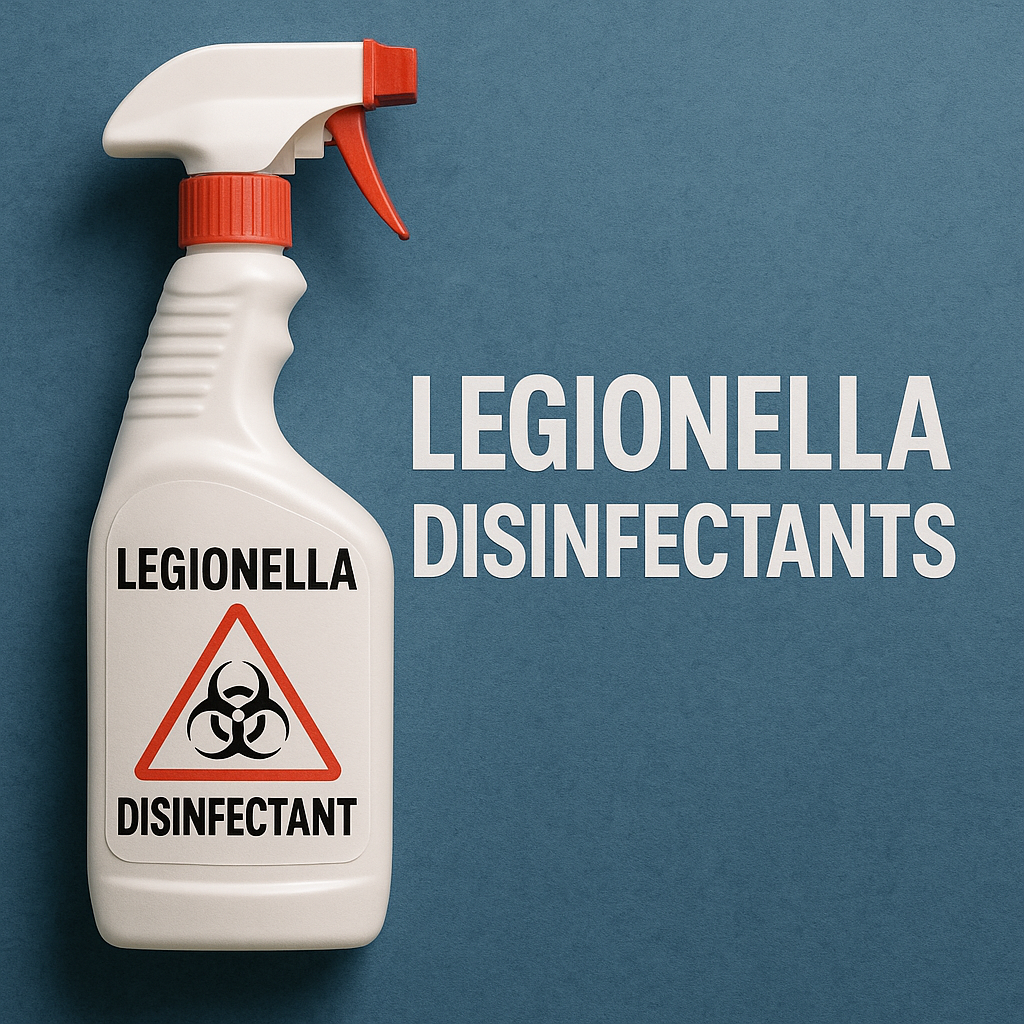When it comes to keeping your water systems safe from Legionella, choosing the right disinfection method isn’t just a technical decision it’s essential for compliance, safety and peace of mind. But with so many options available, which disinfectant truly reigns supreme?
The High Stakes of Legionella Control
Let’s not sugar-coat it: Legionella isn’t just another line item on your compliance checklist. This microscopic menace can transform your building’s water system into a potential health hazard faster than you can say “ACoP L8 compliance.”
Whether you’re responsible for a sprawling hospital complex, a bustling hotel chain, or a multi-site corporate facility, the consequences of inadequate Legionella control are the same. Potentially fatal outbreaks, severe regulatory penalties and the kind of reputation damage no PR team can easily fix.
At HCS Water Treatment, we’ve spent over three decades implementing water safety solutions across diverse sectors. We’ve seen firsthand how selecting the right disinfection strategy can make all the difference between robust protection and persistent vulnerability.
The Contenders in Our Disinfection Championship
Before we crown our champion, let’s meet the major players in the Legionella control arena:
Chlorine: The Traditional Heavyweight
Strengths:
- Cost-effective and widely available
- Provides residual protection throughout water systems
- Proven track record spanning decades
- Effective against a broad spectrum of microorganisms
Limitations:
- Can form potentially harmful disinfection by-products
- Less effective at higher pH levels
- Can be corrosive to system components
- Some aesthetic issues (taste and odour)
Best suited for: Large-scale systems where cost-efficiency is a priority, and regular monitoring can address limitations.
Chlorine Dioxide: The Versatile Contender
Strengths:
- Effective across a wider pH range (5-10)
- Penetrates biofilm – those slimy bacterial communities where Legionella loves to hide
- Fewer disinfection by-products than traditional chlorine
- Provides residual protection
Limitations:
- More complex to generate and apply on-site
- Higher initial implementation costs
- Requires specialised equipment and expertise
- Decomposes in sunlight
Best suited for: Complex systems with biofilm challenges or where traditional chlorine has proven ineffective.
Copper-Silver Ionisation: The Steady Performer
Strengths:
- Long-lasting residual effect throughout the system
- Effective against biofilm formation
- No issues with taste or odour
- Works well in both hot and cold water systems
Limitations:
- Higher initial equipment costs
- Requires careful monitoring of ion concentrations
- Potential for staining in certain conditions
- Effectiveness can be reduced in hard water areas
Best suited for: Healthcare facilities and other settings where long-term protection and minimal chemical usage are priorities.
UV Light Treatment: The Chemical-Free Option
Strengths:
- No chemicals required – ideal for environmentally sensitive applications
- No taste, odour, or by-product issues
- Low maintenance requirements
- Effective against a wide range of microorganisms
Limitations:
- No residual protection downstream of treatment point
- Requires clear water for effective penetration
- Less effective against established biofilms
- Energy costs for continuous operation
Best suited for: Point-of-use applications or as part of a multi-barrier approach where chemical treatment is problematic.
Thermal Treatment (Heat Shock): The Aggressive Challenger
Strengths:
- No chemical addition required
- Highly effective when properly implemented
- Targets the entire system including outlets
- Well-established protocol with clear guidance
Limitations:
- Temporary measure rather than continuous protection
- Risk of scalding without proper safeguards
- Energy intensive and potentially costly
- System disruption during implementation
Best suited for: Remedial actions during outbreaks or as periodic supplementary treatment alongside continuous control methods.
And the Champion Is… It’s Complicated
If you were hoping for a simple “this one beats all the others” conclusion, we have news for you: in the real world of water safety, there are no one-size-fits-all solutions.
The truth is that the most effective approach to Legionella control is often a combination of methods, tailored to your specific:
- Building type and usage patterns
- Water system design and complexity
- Occupant vulnerability
- Operational considerations
- Budget constraints
This is precisely why at HCS Water Treatment, we focus on developing bespoke water treatment solutions rather than pushing a single disinfection method. We understand that a hospital’s needs differ dramatically from those of a hotel, which differ again from those of a school or office building.
The Multi-Barrier Approach: The Real Winner
In our extensive experience working with clients from Premier Inn and Aldi to the NHS and housing associations, we’ve found that a multi-barrier approach frequently offers the most robust protection:
- Primary disinfection at water entry points or storage
- Secondary treatment to address specific system vulnerabilities
- Point-of-use protection where particularly vulnerable users are present
- Regular monitoring and validation to ensure effectiveness
This layered strategy ensures that if one control measure underperforms, others are in place to maintain safety.
Real-World Success: Tailored Solutions in Action
Let’s look at how this plays out in practice:
For healthcare environments like Perth Royal Infirmary and Glasgow Royal Infirmary, where we’ve successfully implemented water safety programs, a combination of thermal regulation, copper-silver ionisation and point-of-use filtration often provides the comprehensive protection needed for vulnerable patients.
In hospitality settings like the 1320+ Whitbred buildings in our portfolio, chlorine-based systems with strategic supplementary treatments offer the balance of effectiveness and efficiency necessary for varied occupancy patterns.
For educational facilities like The Glasgow Academy, where young pupils are present, we often implement systems that minimise chemical use while maintaining the highest safety standards, frequently incorporating UV treatment alongside careful thermal management.
Making the Right Choice: Expertise Matters
The key takeaway? The effectiveness of any disinfection method depends not just on the technology itself but on:
- Proper system design and implementation
- Regular monitoring and maintenance
- Staff training and awareness
- Comprehensive water safety planning
This is where working with water safety specialists becomes invaluable. At HCS Water Treatment, our approach combines innovation, expertise, systems, and people – what we call our formula for water safety success. We don’t just install disinfection systems; we create comprehensive water safety programs that close the compliance loop.
Beyond Disinfection: The Compliance Journey
Remember that disinfection is just one component of your overall water safety strategy. A truly effective approach also includes:
- Thorough Legionella risk assessments
- Comprehensive water management plans
- Regular testing and monitoring
- Staff training and awareness
- Detailed documentation and reporting
Using our ZetaSafe Dashboard technology, we make this complex process manageable, giving you at-a-glance visibility of your compliance status while handling the technical details behind the scenes.
The Bottom Line: Protection, Not Just Compliance
While each disinfection method has its strengths, the real winner in the battle against Legionella is a tailored, comprehensive approach backed by expertise and regular validation.
The goal isn’t just ticking compliance boxes, it’s ensuring genuine protection for your building occupants while minimising operational disruption and costs. After all, water safety isn’t a tick-box exercise; it’s about closing the compliance loop to ensure the safety of your buildings and your people.
Want to discuss the best Legionella control strategy for your facility? Contact HCS Water Treatment today for expert advice tailored to your specific needs. Don’t have sleepless nights worrying about compliance and legislation – hand it over to the water hygiene and treatment experts.
HCS Water Treatment, part of Premier Technical Services Group Ltd (PTSG), is a specialist water engineering company with over 10 years of experience in legionella control and water system solutions. Our nationwide team works across sectors – from commercial organisations and local authorities to nuclear power stations—delivering water solutions that minimise risk and ensure compliance.


